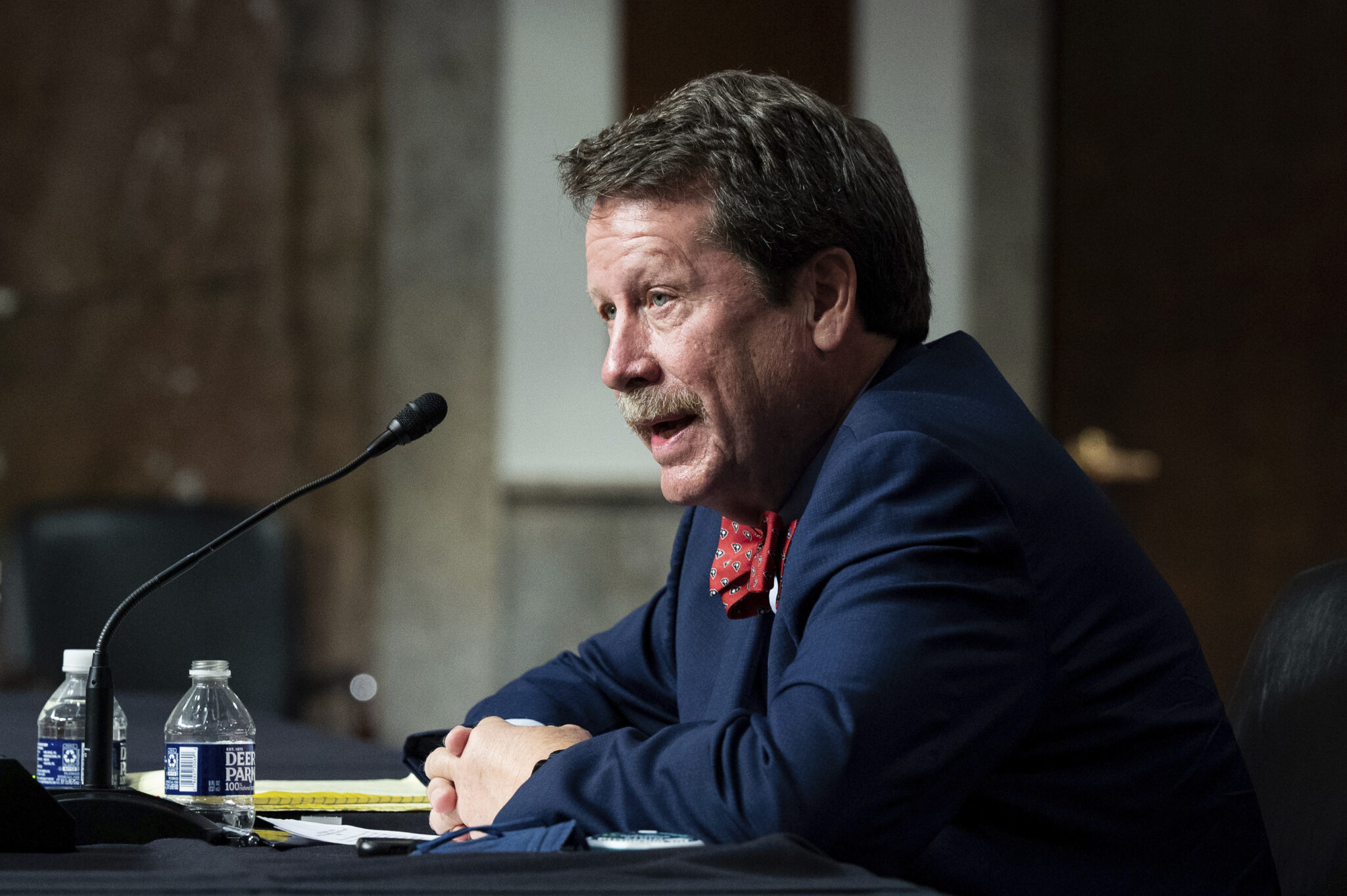
Robert Califf (Michael Brochstein/Sipa USA via AP Images)
Editorial: With Califf confirmed, FDA needs to return to priorities lost to the pandemic and improve its messaging
The pandemic is by no means over, and the FDA will surely continue to prioritize the necessary EUAs for additional therapies and targeted vaccines as …
Sign up to read this article for free.
Get free access to a limited number of articles, plus choose newsletters to get straight to your inbox.